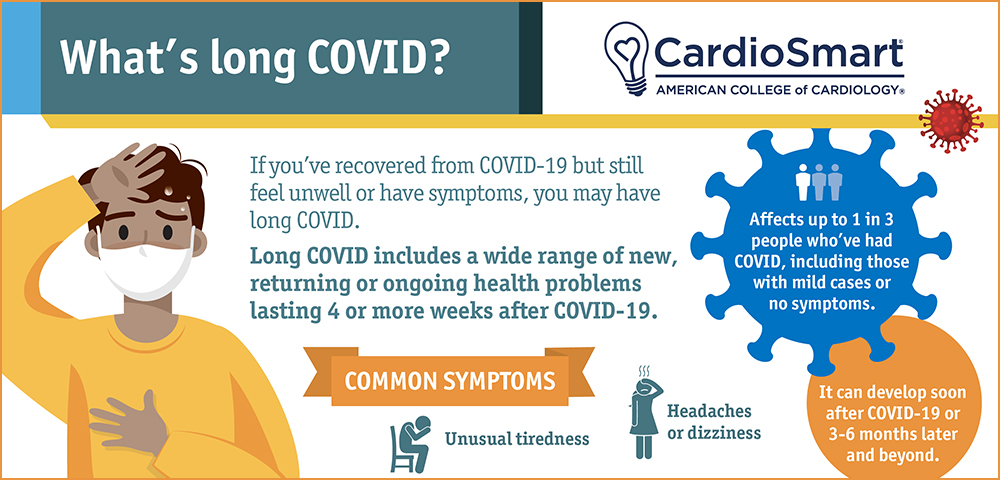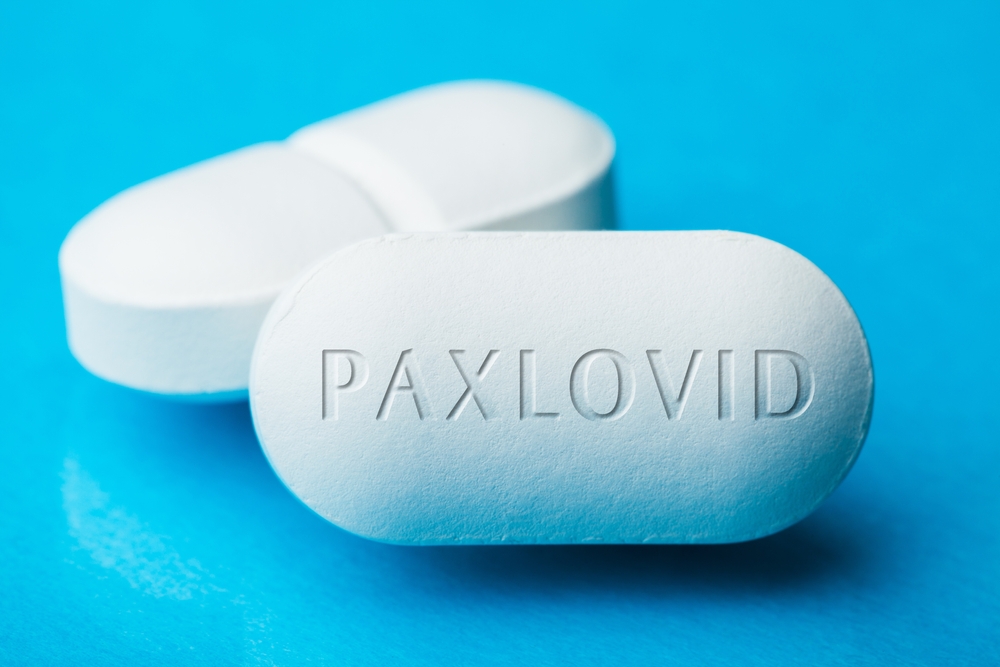As we learn more about Long COVID, its negative impacts on health and wellbeing are becoming clearer. Symptoms of Long COVID are diverse and include fatigue, “brain fog,” difficulty breathing or shortness of breath, joint or muscle pain, heart palpitations, chest pain, dizziness on standing, menstrual changes, changes to taste/smell, or inability to exercise. About 65 million people worldwide and about 25% of people in the U.S. who have ever had COVID-19 have been affected by Long COVID.
Do treatments for COVID-19 reduce the chance of getting Long COVID? Here’s an update on a recent Paxlovid study and information about metformin as related to Long COVID outcomes.
New study on the effect of Paxlovid on Long COVID symptoms
Researchers from the University of California, San Francisco recently published the results of survey data on the relationship between treatment of acute COVID-19 with Paxlovid and later symptoms of Long COVID (also called post-COVID conditions). The study was published in the Journal of Medical Virology. It included 1,611 vaccinated, non-hospitalized, non-pregnant individuals who had COVID-19 and received oral Paxlovid (nirmatrelvir/ritonavir). Long COVID was measured in people having symptoms for more than 3 months following SARS-CoV-2 infection. The number of individuals with Long COVID who received Paxlovid (16%) was not statistically different from the number who did not receive any treatment (14%). Thus, Paxlovid treatment did not reduce the incidence of Long COVID in this study.
Additionally, the researchers studied the “rebound” effect of Paxlovid. This occurs when someone either tests positive again and/or experiences a return of symptoms following initial recovery from the disease. Of the 26% of people who experienced the rebound effect, 10.8% developed Long COVID. This was not statistically different from the number who developed Long COVID but had no rebound (8.3%). The authors concluded that the rebound of symptoms after Paxlovid treatment was not related to the later development of Long COVID. In other words, the rebound did not serve as a warning sign of Long COVID.

The recent survey adds to previous research showing varying results regarding Paxlovid treatment and Long COVID. Whether Paxlovid has any benefit regarding Long COVID may depend on the age or severity of infection with SARS-CoV-2. For example, a retrospective analysis in older adults, vaccinated and unvaccinated, with risk factors for severe disease showed a 25% lower risk of developing Long COVID after treatment with Paxlovid. Randomized clinical trials would be needed to provide more definitive conclusions.
Metformin and Long COVID
The COVID-OUT clinical trial investigated the effects of three existing medications (metformin, fluvoxamine, and ivermectin) on both COVID-19 infection and the incidence of Long COVID. The randomized, quadruple-blinded, placebo-controlled trial reported that only metformin treatment shortly after symptoms of COVID-19 was effective. Metformin treatment resulted in a 42% reduction in emergency room visits, hospitalizations, or death among COVID-19 patients. The COVID-OUT trial also reported in The Lancet Infectious Diseases that Long COVID rates were reduced 41% among people who used metformin at the time of COVID-19 infection.
To our knowledge, metformin is the only COVID treatment that successfully reduced the incidence of Long COVID in a rigorous clinical trial. To learn more about metformin and the COVID-OUT clinical trial, visit our webpage.



